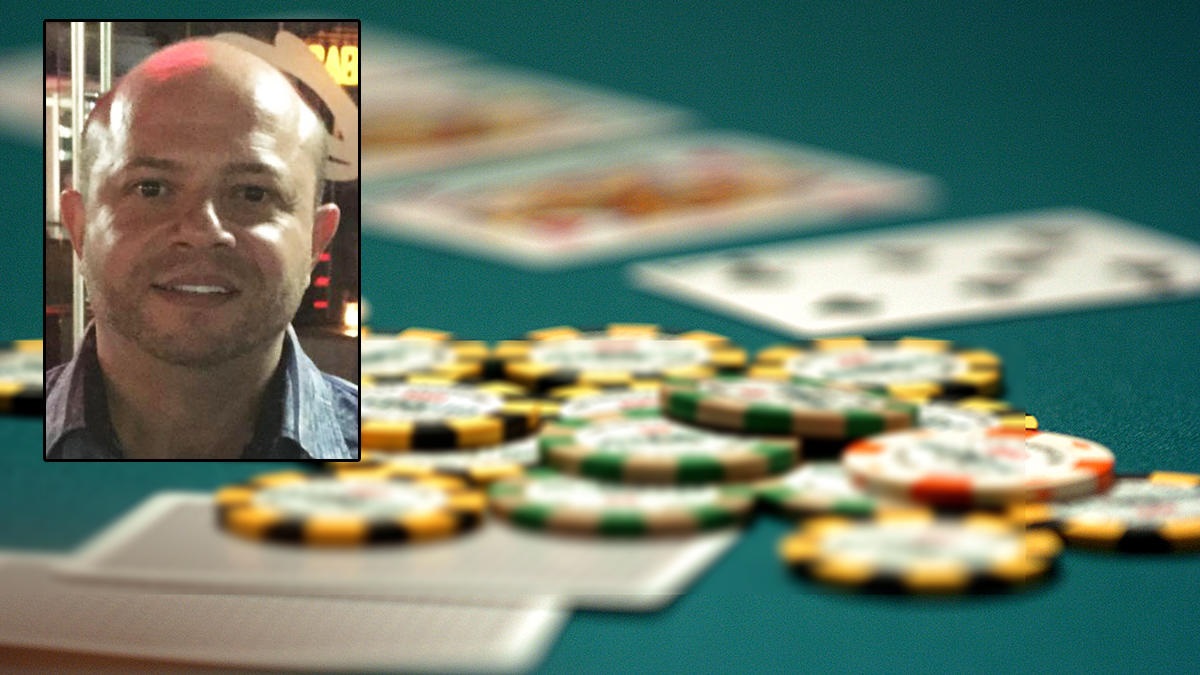As jurisdictions are working to end secured money bail arguments are beginning over their replacement. Judges in California, who recently passed a no-cash bail law, will be given ‘risk assessment’ tools to work from.
While imposing pretrial detention ought to be treated as a last resort, bail-reform advocates see the assessment tool as a workaround for states who want to walk the fence.
Jurists are being urged to reconsider their use of pretrial risk assessments instruments.. While seemingly neutral, advocates claim the tools threaten to intensify unwarranted discrepancies in the justice system while providing a misleading and undeserved show of impartiality.
Advocates for bail reform are pushing six points to make sure the assessment tool remains accurate, fair and transparent.
Six Points
Point One
Advocates claim the instruments should be designed in ways to reduce unwarranted racial disparities. The advocates want the designers to test ways to avoid a pattern of bias or unfairness.
Point Two
The documents must be developed with input from the community and re-validated regularly. The pretrial assessment tool selected should be designed to reflect local data and evaluated for anti-racist results in the community where it is used.
Point Three
If the risk assessment tool does not encourage immediate release, it must never recommend detention and should suggest a pretrial release hearing. The tools should significantly increased rates of pretrial release and meet the needs of accused persons before trial. They should reflect the U.S. Constitutional guarantee of a presumption of innocence.
Point Four
Pretrial detention should never be imposed except through an adversarial hearing which must be held promptly in determining if the accused individual presents a substantial risk to the community. The prosecution must be required to demonstrate the circumstances and facts found in establishing a clear and convincing evidence of the individual being a risk.
Point Five
The risk assessments must examine the chances of success upon release and must be reported in clear and concrete terms. The tools should predict events during the length of the trial — not merely after the resolution of the open case.
Point Six
The assessment tools must be transparent and open to challenge by the accused’s attorney. Everyone must be given the chance to inspect the risk assessment tools and see how it works and the attorney must be allowed the chance to inspect the inputs used to calculate their client’s particular categorization or risk score.
The Takeaway
If in use, a risk assessment instrument should be formatted and used in ways to reduce and eliminate unwarranted racial injustices across the criminal justice system.









